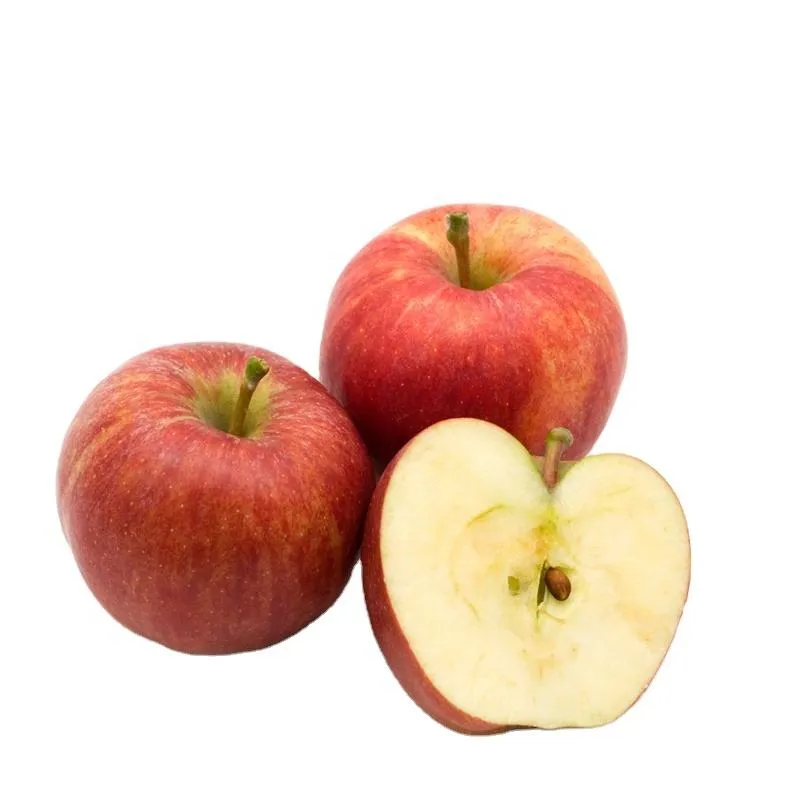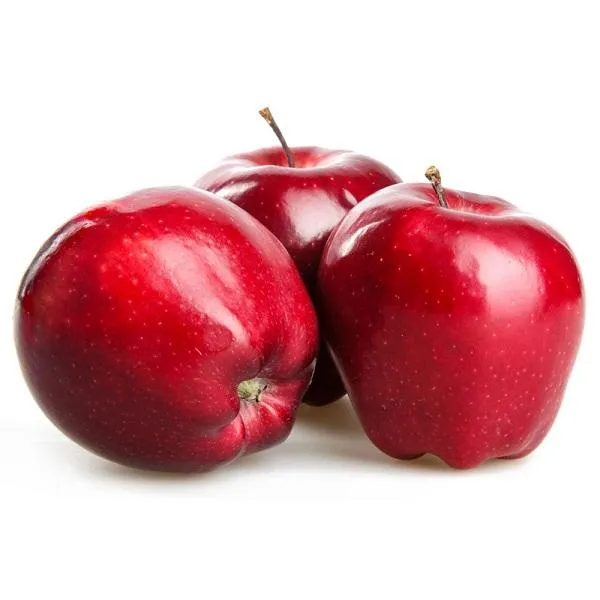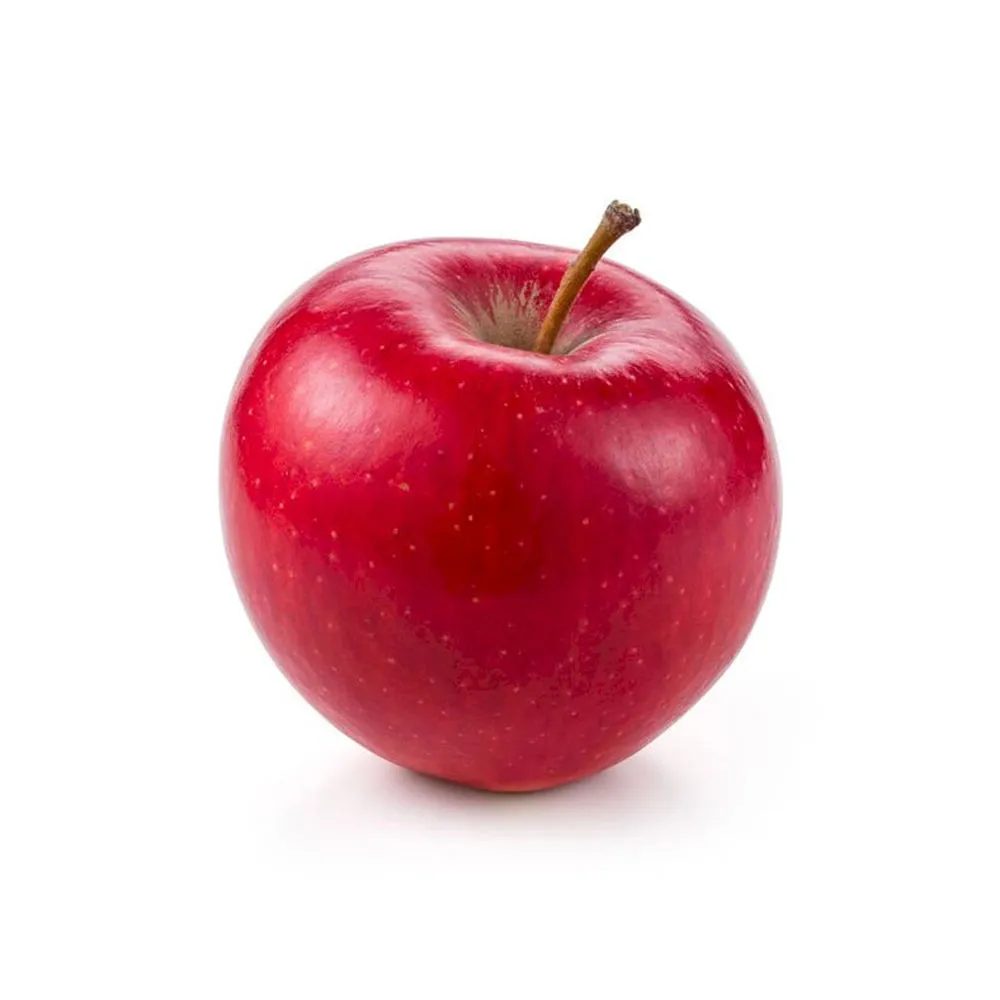Oranges and apples are two of the most popular fruits consumed worldwide. These vibrant and delicious fruits are not only pleasing to the palate but also offer a wide range of health benefits. Packed with essential nutrients, fiber, and antioxidants, oranges and apples are nutritional powerhouses that should be incorporated into our daily diet. In this article, we will delve into the nutritional profiles of oranges and apples, exploring their unique qualities and how they contribute to our overall well-being.
Oranges: A Citrus Explosion of Vital Nutrients
Oranges are well-known for their tangy and refreshing taste. This citrus fruit is brimming with essential nutrients that boost our immune system and support overall health.
Vitamin C is one of the key nutrients found abundantly in oranges. This powerful antioxidant plays a vital role in strengthening the immune system, preventing cell damage, and aiding in the absorption of iron. Consuming oranges regularly can help ward off common colds and infections.
In addition to vitamin C, oranges are also a rich source of dietary fiber, which aids in digestion and promotes a healthy gut. The fiber content in oranges helps regulate blood sugar levels and lowers cholesterol, reducing the risk of heart disease and other chronic ailments.
Moreover, oranges contain natural plant compounds called flavonoids that possess antioxidant properties. These flavonoids have been linked to a decreased risk of chronic conditions such as cancer and cardiovascular disease.

Apples: Crunchy and Nutrient-Rich
Apples, often referred to as “nature’s toothbrush,” are a widely consumed fruit known for their satisfying crunch and delicious flavor. Not only are they a convenient snack, but they also offer an array of health benefits.
Rich in dietary fiber, apples are effective in regulating digestion and promoting satiety. The soluble fiber in apples, known as pectin, helps maintain healthy blood sugar levels and keeps hunger at bay, making them an excellent choice for weight management.
Apples are also a great source of antioxidants, particularly flavonoids like quercetin. These antioxidants help combat inflammation, reduce the risk of chronic diseases, and protect against oxidative stress caused by free radicals in the body.
Furthermore, apples contain vitamins such as vitamin C, vitamin A, and a range of B vitamins, all of which contribute to overall health and well-being. These micronutrients support brain function, aid in the production of collagen for healthy skin, and assist in energy metabolism.
Nutritional Comparison: Oranges vs. Apples

Both oranges and apples are excellent sources of vitamin C, with oranges slightly edging out apples in this regard. A medium-sized orange typically contains around 70-90 milligrams of vitamin C, whereas a medium-sized apple contains around 5-10 milligrams.
When it comes to dietary fiber content, apples take the lead. A medium-sized apple offers approximately 4 grams of dietary fiber, compared to an orange that provides around 2-3 grams of fiber.
However, oranges contain higher amounts of calcium and folate compared to apples. Calcium is essential for maintaining strong bones and teeth, while folate is vital for cell growth and division.
Incorporating oranges and apples into our daily diet is a smart choice for maintaining optimal health and well-being. These fruits pack a powerful punch of essential nutrients, fiber, and antioxidants, all of which contribute to a stronger immune system, better digestion, and reduced risks of chronic diseases.
Whether you prefer the citrus explosion of an orange or the satisfying crunch of an apple, both fruits offer unique nutritional profiles that make them excellent additions to a balanced diet. So, grab an apple or peel an orange today and indulge in the nutritious goodness of these fruits while satisfying your taste buds at the same time.In addition to their individual benefits, oranges and apples can also be combined in various ways to enhance both flavor and nutritional value. Here are a few ideas to incorporate these fruits into your diet:
1. Fruit salad: Create a refreshing fruit salad by combining oranges and apples with other favorites like berries, pineapples, and grapes. Drizzle with a bit of honey or a squeeze of lemon juice for added flavor.

2. Smoothies: Blend oranges and apples together with yogurt or your choice of non-dairy milk for a nutritious and energizing smoothie. Add a handful of spinach or kale for an extra boost of vitamins and minerals.
3. Snack pairing: Enjoy apple slices with a side of orange wedges as a quick and healthy snack option. The contrasting flavors and textures make for a satisfying and balanced treat.
4. Salad topping: Add orange slices and diced apples to your favorite salads for a burst of sweetness and crunch. Pair them with leafy greens, nuts, and a light vinaigrette for a nutritious and satisfying meal.
5. Flavor-infused water: Infuse your water with fresh orange and apple slices for a refreshing and naturally flavored beverage. It’s a great alternative to sugary drinks and helps you stay hydrated throughout the day.
Remember to choose organic fruits whenever possible to reduce exposure to pesticides and chemicals. Wash oranges and apples thoroughly before consuming to remove any surface contaminants.
In conclusion, oranges and apples are not only delicious but also offer a wide range of health benefits. Their nutrient-packed profiles, including vitamins, fiber, and antioxidants, make them valuable additions to a balanced diet. Whether enjoyed on their own, mixed into salads, blended into smoothies, or incorporated into other dishes, oranges and apples provide a burst of flavor and nutrition that supports overall well-being.

So, the next time you’re at the grocery store, be sure to grab some oranges and apples to bring home. Your taste buds and your body will thank you for including these nutritional powerhouses in your daily routine!










